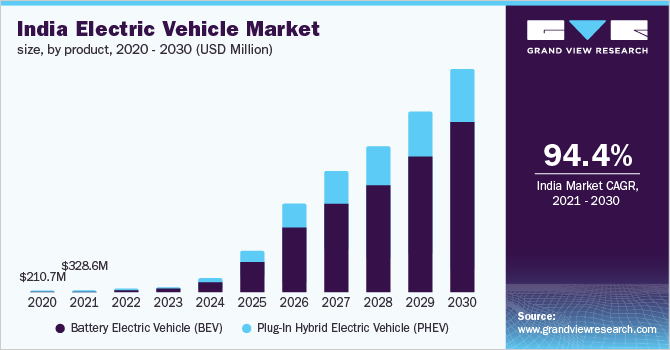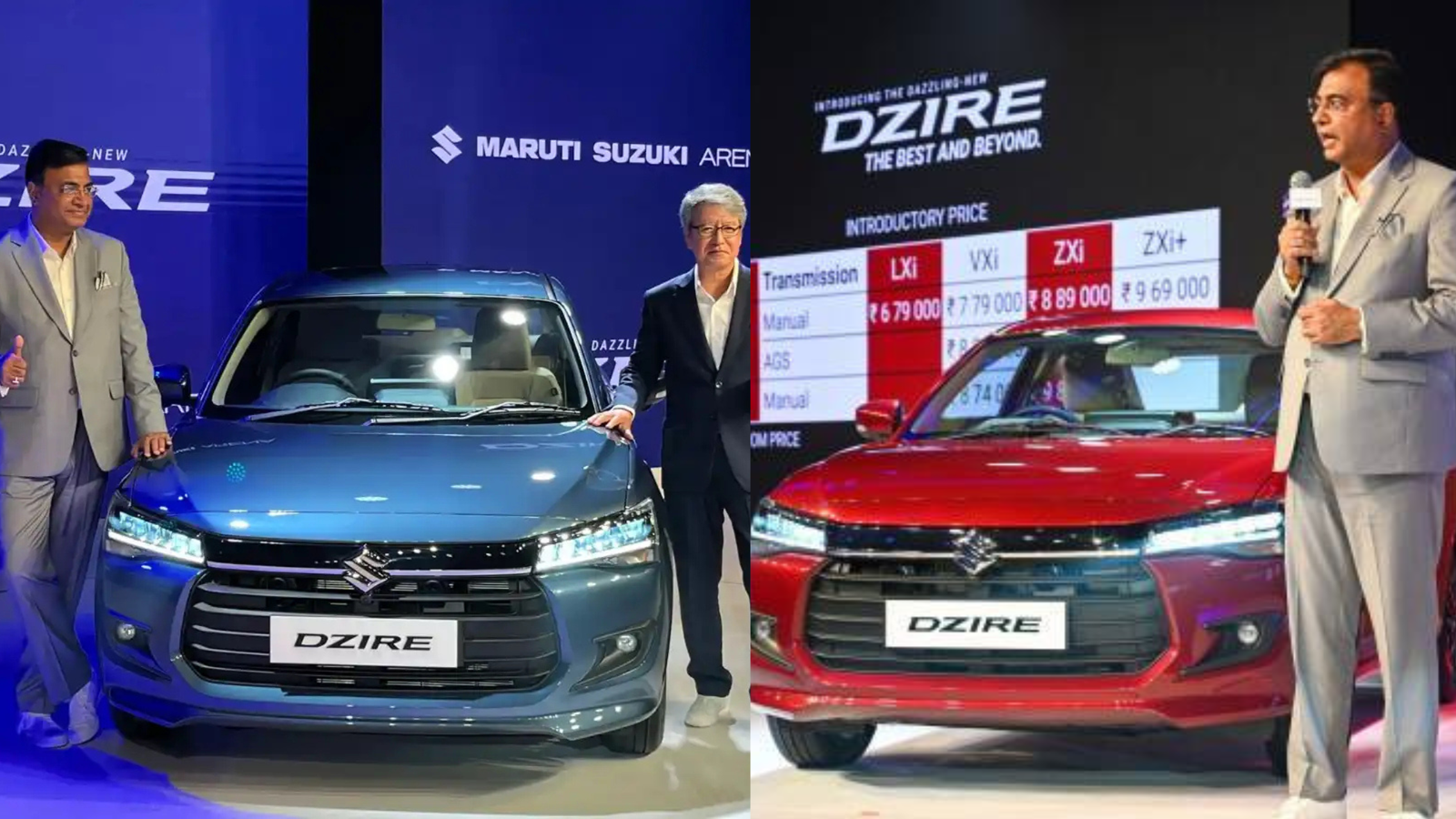Table of Contents
Current State of the Electric Vehicle Industry in India
The electric vehicle (EV) industry in India has witnessed remarkable evolution over the past few years, characterized by significant growth in sales and an expanding range of options for consumers. As of 2023, electric vehicles have penetrated approximately 2.5% of the overall automobile market, showcasing a gradual yet notable shift in consumer preferences towards eco-friendly transportation solutions. This increase is driven by rising awareness of pollution and climate change, along with favorable government policies aimed at promoting electric mobility.

The Indian government has initiated various schemes to foster the adoption of electric vehicles, such as the Faster Adoption and Manufacturing of Electric Vehicles (FAME) program and incentives under the Production-Linked Incentive (PLI) scheme. These initiatives have led to increased investments in EV infrastructure, including charging stations, and have stimulated domestic manufacturing. Moreover, the combination of subsidies and tax breaks for consumers encourages many to switch from conventional fuel vehicles to electric alternatives.
In terms of market players, several major automotive manufacturers are competing in the EV segment, including Tata Motors, Mahindra Electric, and Ather Energy. These companies have introduced a variety of models ranging from two-wheelers and three-wheelers to passenger cars. The two-wheeler segment, in particular, has experienced exponential growth, accounting for nearly 80% of all electric vehicle sales in India. The availability of electric three-wheelers, predominantly used for public transportation, has also seen an uptick, contributing significantly to urban mobility solutions. Moreover, the introduction of electric four-wheelers is gradually gaining traction, with models such as the Tata Nexon EV and MG ZS EV revolutionizing the passenger vehicle market.
In conclusion, the current state of the electric vehicle industry in India reflects a favorable environment for growth, spurred by government initiatives, changing consumer attitudes, and a diverse market landscape. As the industry continues to evolve, addressing the challenges ahead will be crucial for further acceleration in the adoption of electric mobility solutions.
Challenges Facing the Electric Vehicle Adoption
The rise of electric vehicles (EVs) in India is met with significant challenges that complicate their widescale adoption. One foremost obstacle is the inadequate charging infrastructure. Despite increasing interest in electric mobility, the current network of charging stations remains limited, particularly in rural and semi-urban areas. This creates a range anxiety among potential users, as the absence of easily accessible charging points can deter them from switching to EVs.
High upfront costs also pose a barrier to widespread adoption. Although electric vehicles can offer lower running costs and maintenance expenses over their lifetime, their initial purchase price often remains a deterrent for many consumers. The financial incentives provided by the government, although helpful, do not fully offset the high costs associated with purchasing electric vehicles. Consequently, this factor influences market perception and contributes to consumer hesitance.
Another challenge lies in the limited range and battery life of electric vehicles. While advancements in battery technology are underway, many consumers remain concerned about the feasibility of using electric vehicles for longer journeys. Compounded by historical dependence on traditional fossil fuel vehicles, this apprehension fuels resistance to the acceptance of electric mobility solutions.

Furthermore, the need for policy changes becomes apparent. Current regulatory frameworks may not adequately support the transition to electric vehicles, necessitating reforms that can stimulate growth in this sector. The lack of comprehensive policies addressing manufacturing standards, import tariffs on EV components, and incentives for infrastructure development hinders progress.
Additionally, there are environmental challenges linked with battery production and disposal that cannot be overlooked. The mining of raw materials essential for batteries leads to ecological degradation, while concerns surrounding recycling and proper disposal methods aggravate environmental impacts. Collectively, these challenges must be addressed to facilitate a smoother transition towards electric vehicles in India.
Opportunities for Growth in the EV Market
The electric vehicle (EV) market in India presents significant opportunities for growth, driven by technological advancements and strategic initiatives. One of the key factors propelling this growth is the continuous innovation in battery technology, which has led to improved energy densities, reduced charging times, and lower costs. This evolution in EV technology not only enhances the performance of electric vehicles but also makes them more accessible to a broader audience, fostering consumer adoption. Moreover, investments in research and development by both the government and private enterprises can yield breakthroughs that further drive the electric mobility agenda.
In addition to technological progress, the Indian government has established a robust framework to support the electric vehicle ecosystem. Initiatives such as subsidies and tax incentives under the Faster Adoption and Manufacturing of Hybrid and Electric Vehicles (FAME) scheme aim to lower the financial barriers associated with EV ownership. Support for indigenous manufacturing is another critical aspect of these initiatives, encouraging local production of EV components and reducing dependence on imports. By facilitating a favorable market environment, these policies aim to spur innovation and sustainability in the sector.
Furthermore, the burgeoning renewable energy sector complements the EV market by providing sustainable charging solutions. The integration of solar and wind energy into charging infrastructure not only addresses concerns about grid demand but also promotes the use of clean energy in powering electric vehicles. This synergy not only supports the growth of the EV market but also aligns with national objectives of maximizing the use of renewable resources. Additionally, the expansion of the EV industry presents opportunities for job creation within the green economy, as new roles emerge in manufacturing, research, and infrastructure development.
Overall, the electric vehicle market in India is poised for significant growth, provided that stakeholders capitalize on these opportunities to foster innovation and sustainability.
The Future of Electric Vehicles in India
As we consider the future of electric vehicles (EVs) in India, it becomes evident that the potential for growth and transformation within the automotive sector is immense. The journey toward a greener and more sustainable transportation system hinges on effectively addressing the existing challenges. Regulators, manufacturers, and consumers must collaboratively work towards mitigating these obstacles to unlock a burgeoning market for electric vehicles.
The environmental implications of adopting electric vehicles are profound. By transitioning from conventional petrol and diesel vehicles to electric alternatives, India can significantly reduce its carbon footprint. This shift would not only contribute to combating climate change but also enhance air quality in urban areas, thus promoting healthier living conditions. Additionally, harnessing renewable energy sources to power EVs can amplify the positive environmental impact, aligning with global sustainability goals.
The response from the global community towards India’s EV initiatives has been largely encouraging, with numerous foreign investments targeting the Indian EV market. International companies are keen to partner with local manufacturers, signaling a shift in the automotive landscape that could foster innovation and infrastructure development. This international collaboration is essential to bolster India’s capabilities in EV production, charging infrastructure, and battery technology.
Consumer expectations are evolving as well. The growing awareness of environmental issues is driving individuals and businesses to consider electric vehicles as viable alternatives. This transformation in mindset requires educational initiatives and awareness campaigns to effectively present the benefits of EVs, focusing on not only their ecological advantages but also their economic potential. It is crucial to inform potential consumers about charging infrastructure, service accessibility, and total cost of ownership to promote widespread adoption.
The rise of electric vehicles in India is fueled by the increasing awareness of environmental concerns, prompting individuals and businesses to consider them as viable alternatives. To effectively promote EV adoption, educational initiatives and awareness campaigns are crucial in highlighting their ecological advantages and economic potential. Emphasizing factors such as charging infrastructure, service accessibility, and total cost of ownership is essential in informing potential consumers. By addressing challenges, inspiring consumer confidence, and fostering educational initiatives, India can pave the way for a sustainable EV culture, reshaping its automotive industry.




